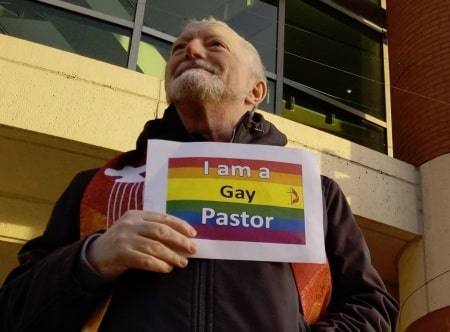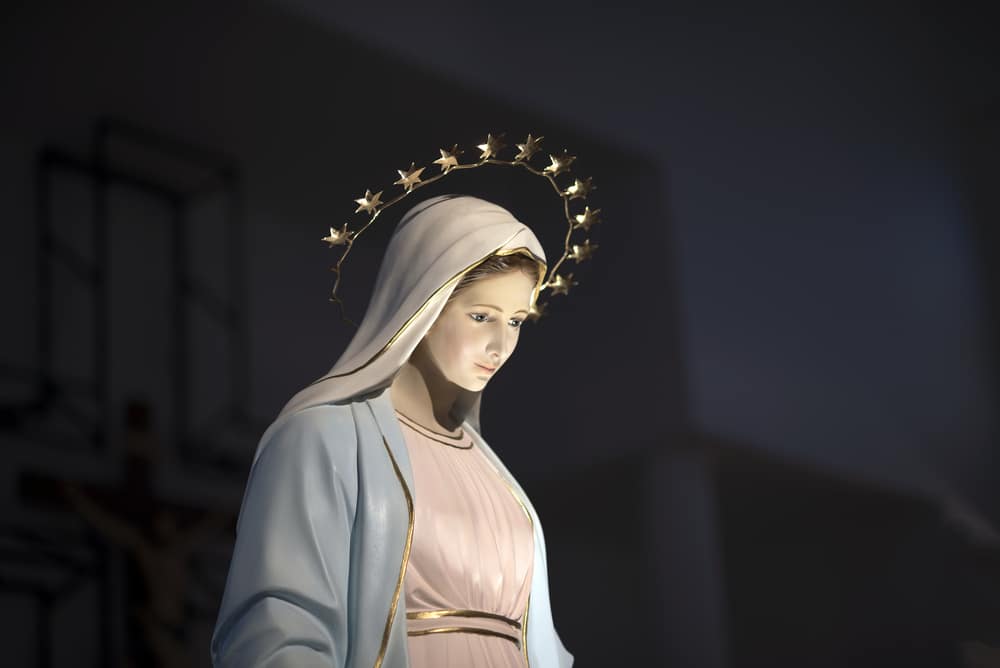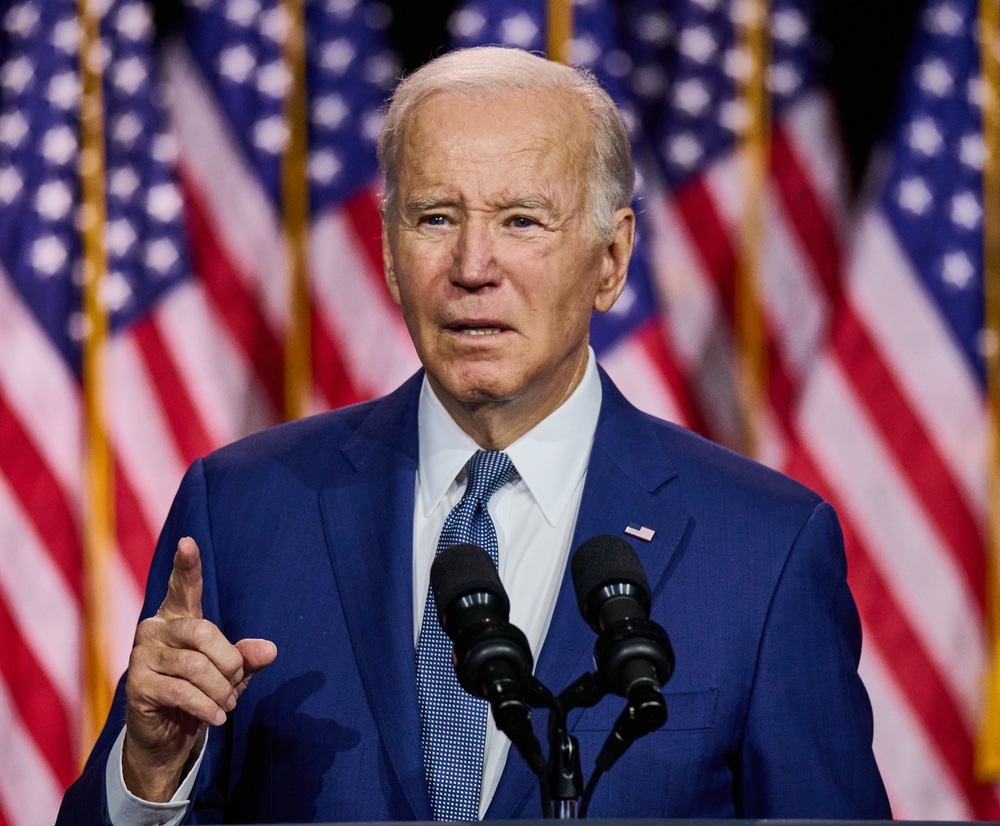A London-based Christian nonprofit is raising an alarm about teaching materials in thousands of U.K. schools that suggest LGBTQ behavior is compatible with Christianity, Judaism, and Islam.
The lesson plans, which consist of slides and activities compiled by the LGTBQ organization Just Like Us promote instruction regarding same-sex relationships to students as young as 5, according to copies of the curriculum obtained by Christian Concern and reviewed by Fox News Digital.
Christian Concern is a nonprofit that has supported multiple Christian parents in their legal battles against U.K. schools that promote age-inappropriate sexual material, including some Church of England schools.
Just Like Us is behind School Diversity Week, an annual “U.K.-wide celebration of LGBT+ equality in primary and secondary schools” in which thousands of schools choose to participate, according to its website. Schools in the U.K., where the school year extends into July, celebrated School Diversity Week from June 26-30.
Activities encouraged in the materials for children in “Key Stage Two,” which encompasses students aged 7-11, include waving a rainbow flag and wearing badges that display their preferred pronouns. Lessons also ask pupils to change the pronouns of pop stars Ariana Grande, Harry Styles and Sam Smith.
The curriculum, which was made with the assistance of LGBTQ faith-based charities One Body One Faith, Quest, Keset and Hidayah, also teaches secondary school students in its religious studies program that the LGBTQ lifestyle is consistent with the major Abrahamic religions. Other documents in the lesson plans include stories of gay Hindus and Buddhists.
Students were encouraged to watch videos, and reflect and discuss various examples of “Just Like Us ambassadors” who grew up as an “LGBTQ+ person of faith,” which includes the Anglican, Roman Catholic, Jewish and Muslim traditions, according to the lesson plans.
In the religious lessons, students learn about a person named Ruth who identifies as a non-binary lesbian Christian, a bisexual Jewish woman named Taliya and a man named Sam who identifies as a gay Muslim.
“I wanted to form my own belief” about sexuality, Ruth says in one of the videos students are encouraged to view and discuss. “We hope the videos will encourage young people to [empathize] with our ambassadors and to see the different ways in which it is possible to be an LGBT+ person of faith,” one presentation slide states.

















